Sally Elliott, Director Stokes County Operations Forsyth Technical Community College, shares information about the opportunities and programs available to residents at the Stokes County campuses.
Hidden in Plain Sight is an educational experience that walks you through a typical teenage bedroom. The inside of the bedroom is set up with drug paraphernalia “Hidden in Plain Sight.” This is an interactive display/program that offers adults insights into current trends in youth substance abuse, drug paraphernalia, concealment of illicit drugs & alcohol. It is designed to educate community members about drug trends, paraphernalia, how to talk to youth about alcohol & drugs, and what to do if a problem is suspected.
We meet second Wednesday of the month at 1:30pm in the fellowship hall of Chestnut Grove UMC. Address is 1024 Volunteer Rd, King and Rev. Dr. Evelyn Lemons chairs this group. Contact her at the church office at 336-983-9657 or by email at evelyn.lemons@gmail.com.
We are a faith-based subcommittee of the Stokes Citizens for Safe and Healthy Communities coalition that was founded in 2008. Derrick Vickers is the co-chair of the coalition and can be reached by phone at 336-287-2411 or dvickers@insightnc.org.
Call to Action: Stokes County Churches
Is the Lord calling your church to action because of the crisis we are facing?
Is your congregation concerned with people dying from overdoses in Stokes County?
As the body of Christ our work is to save lives to save souls.
Faith- Based Recovery Resources in Stokes County
Also, Pastor of True Light Baptist 5033 NC 704 East, Sandy Ridge, NC 27046
Phone: 336-407-3295.
Contact Name: Savalas R. Squire Sr., Phone: 336-430-1165 (mobile), 336-274-1507 ext 124 (office). Availability: On-Call based on Client Availability. Address: 1102 E. Market St, Greensboro NC
Home Safety Assessments, Care Coordination, Substance Abuse Resource Navigation,
Mental Health Resource Navigation, Medication Assistance
Transportation Assistance to Medical Appointments, Physical, Mental and Functional Assessments, Medication Reconciliation,, Intensive Case Management
Public Education, Opioid Response Team

Brigit Katz, Child Mind Institute
On a recent afternoon, JD Bailey was trying to get her two young daughters to their dance class. A work assignment delayed her attempts to leave the house, and when Bailey was finally ready to go, she realized that her girls still didn’t have their dance clothes on. 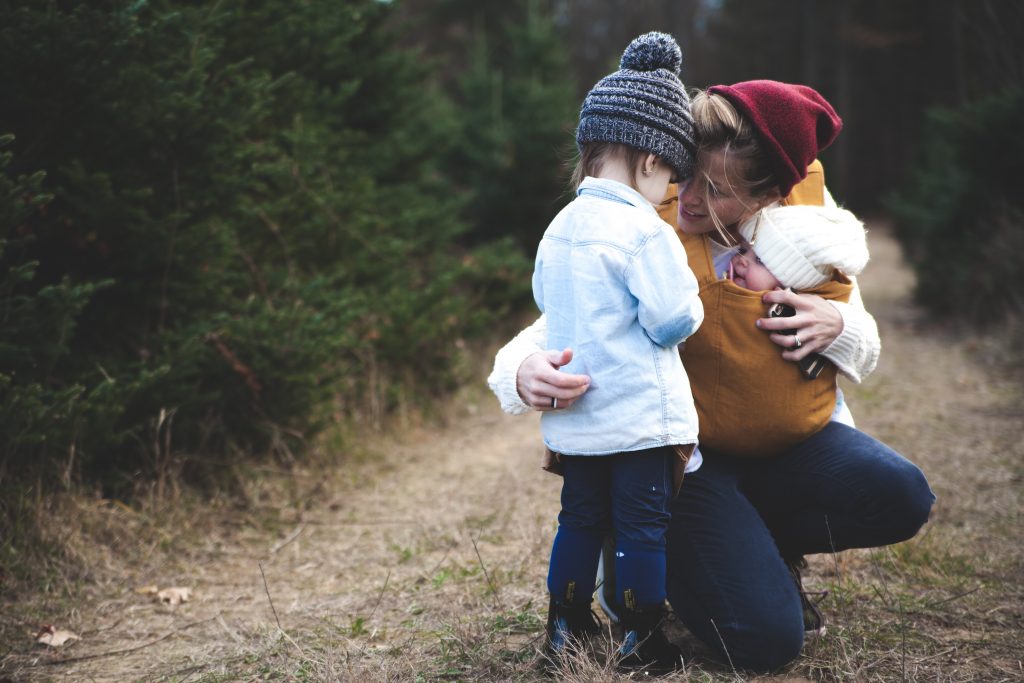
Witnessing a parent in a state of anxiety can be more than just momentarily unsettling for children. Kids look to their parents for information about how to interpret ambiguous situations; if a parent seems consistently anxious and fearful, the child will determine that a variety of scenarios are unsafe. And there is evidence that children of anxious parents are more likely to exhibit anxiety themselves, a probable combination of genetic risk factors and learned behaviors.
It can be painful to think that, despite your best intentions, you may find yourself transmitting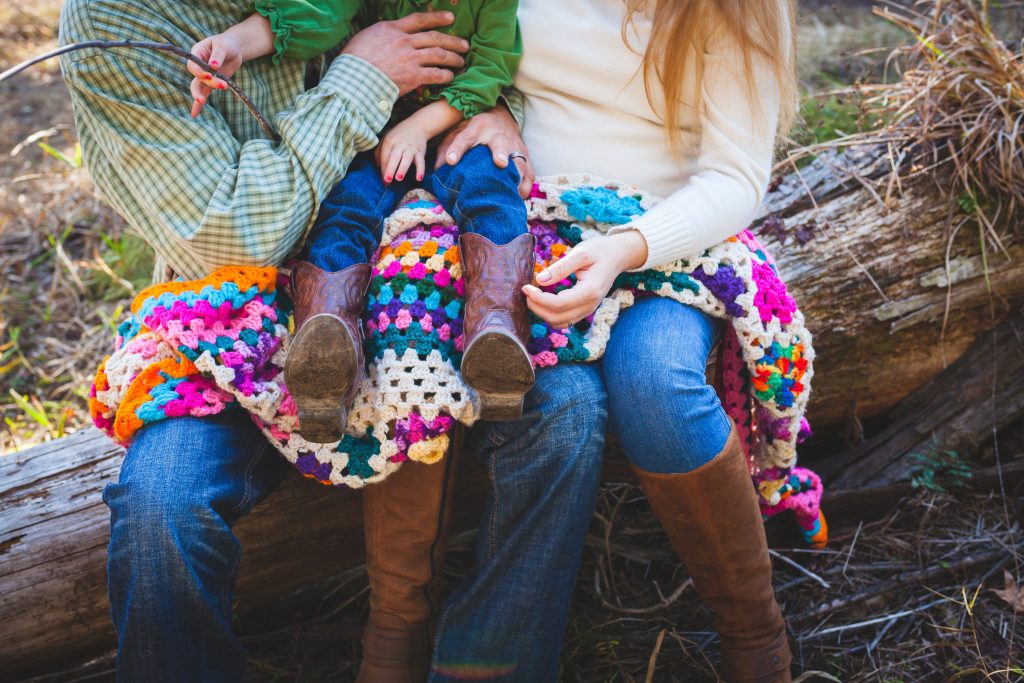 your own stress to your child. But if you are dealing with anxiety and start to notice your child exhibiting anxious behaviors, the first important thing is not to get bogged down by guilt.
your own stress to your child. But if you are dealing with anxiety and start to notice your child exhibiting anxious behaviors, the first important thing is not to get bogged down by guilt.
But the transmission of anxiety from parent to child is not inevitable. The second important thing to do is implement strategies to help ensure that you do not pass your anxiety on to your kids. That means managing your own stress as effectively as possible, and helping your kids manage theirs. “If a child is prone to anxiety,” Dr. Howard adds, “it’s helpful to know it sooner and to learn the strategies to manage sooner.”
 It can be very difficult to communicate a sense of calm to your child when you are struggling to cope with your own anxiety. A mental health professional can help you work through methods of stress management that will suit your specific needs. As you learn to tolerate stress, you will in turn be teaching your child—who takes cues from your behavior—how to cope with situations of uncertainty or doubt.
It can be very difficult to communicate a sense of calm to your child when you are struggling to cope with your own anxiety. A mental health professional can help you work through methods of stress management that will suit your specific needs. As you learn to tolerate stress, you will in turn be teaching your child—who takes cues from your behavior—how to cope with situations of uncertainty or doubt.
“A big part of treatment for children with anxiety,” explains Dr. Laura Kirmayer, a clinical psychologist, “is actually teaching parents stress tolerance. It’s a simultaneous process—it’s both directing the parent’s anxiety, and then how they also support and scaffold the child’s development of stress tolerance.”
You might find yourself learning strategies in therapy that you can then impart to your child when she is feeling anxious. If, for example, you are working on thinking rationally during times of stress, you can practice those same skills with your child. Say to her: “I understand that you are scared, but what are the chances something scary is actually going to happen?”
Try to maintain a calm, neutral demeanor in front of your child, even as you are working on managing your anxiety.
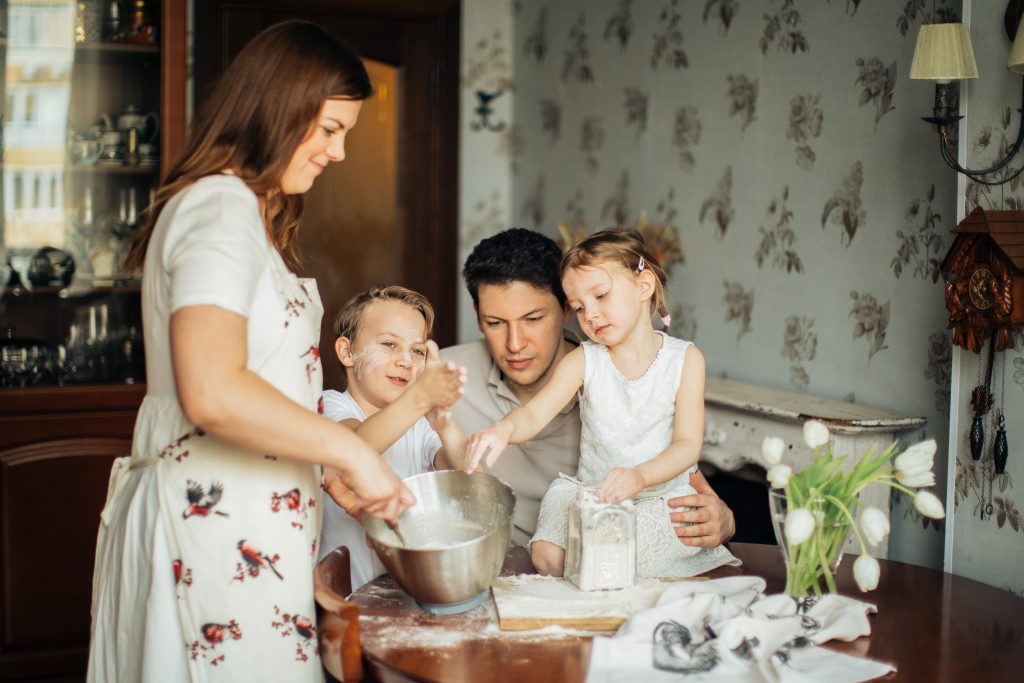 words you choose, and the intensity of the emotion you express, because kids are reading you. They’re little sponges and they pick up on everything.”
words you choose, and the intensity of the emotion you express, because kids are reading you. They’re little sponges and they pick up on everything.”While you don’t want your child to witness every anxious moment you experience, you do not have to constantly suppress your emotions. It’s okay—and even healthy—for children to see their parents cope with stress every now and then, but you want to explain why you reacted in the way that you did.
Let’s say, for example, you lost your temper because you were worried about getting your child to school on time. Later, when things are calm, say to her: “Do you remember when I got really frustrated in the morning? I was feeling anxious because you were late for school, and the way I managed my anxiety was by yelling. But there are other ways you can manage it too. Maybe we can come up with a better way of leaving the house each morning.”
Talking about anxiety in this way gives children permission to feel stress, explains Dr. Kirmayer, and sends the message that stress is manageable. “If we feel like we have to constantly protect our children from seeing us sad, or angry, or anxious, we’re subtly giving our children the message that they don’t have permission to feel those feelings, or express them, or manage them,” she adds. “Then we’re also, in a way, giving them an indication that there isn’t a way to manage them when they happen.”
Come up with strategies in advance for managing specific situations that trigger your stress. You may even involve your child in the plan.
Maybe you can come up with a plan wherein he earns points toward a privilege whenever he goes through his evening routine without protesting his bedtime. 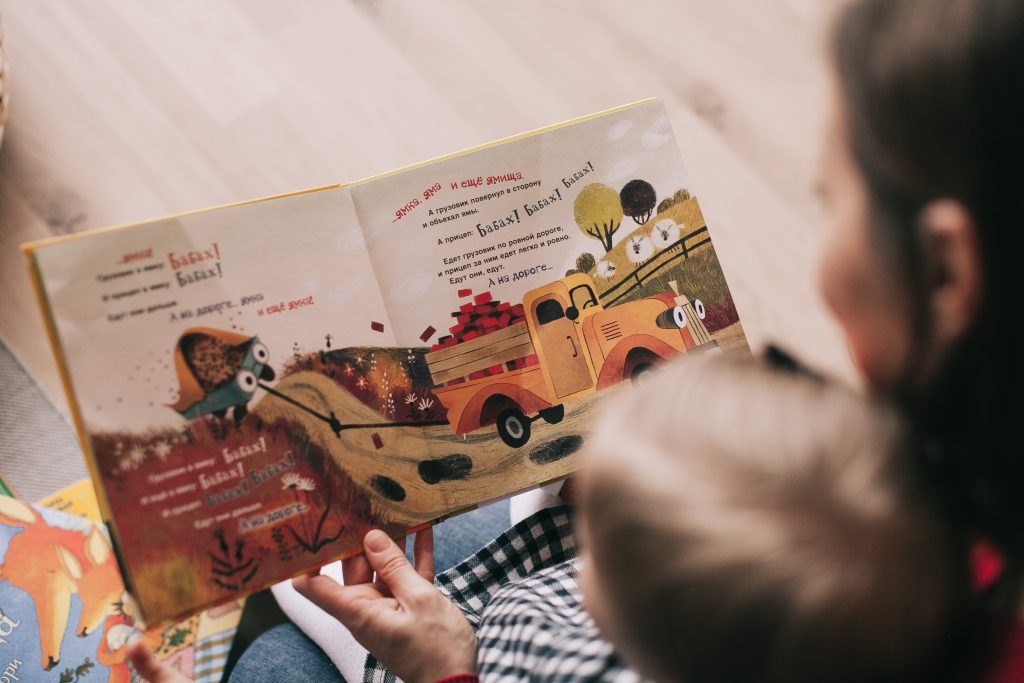
These strategies should be used sparingly: You don’t want to put the responsibility on your child to manage your anxiety if it permeates many aspects of your life. But seeing you implement a plan to curb specific anxious moments lets him know that stress can be tolerated and managed.
If you know that a situation causes you undue stress, you might want to plan ahead to absent yourself from that situation so your children will not interpret it as unsafe. Let’s say, for example, that school drop-offs fill you with separation anxiety. Eventually you want to be able to take your child to school, but if you are still in treatment, you can ask a co-parent or co-adult to handle the drop off. “
In general, if you feel yourself becoming overwhelmed with anxiety in the presence of your child, try to take a break. Danielle Veith, a stay-at-home mom who blogs about her struggles with anxiety, will take some time to herself and engage in stress-relieving activities when she starts to feel acutely anxious. “I have a list of to-do-right-this-second tips for dealing with a panic, which I carry with me: take a walk, drink tea, take a bath, or just get out the door into the air,” she says. “For me, it’s about trusting in the fact that the anxiety will pass and just getting through until it passes.”
 Trying to parent while struggling with your own mental health can be a challenge, but you don’t have to do it alone. Rely on the people in your life who will step in when you feel overwhelmed, or even just offer words of support. Those people can be therapists, co-parents, or friends.
Trying to parent while struggling with your own mental health can be a challenge, but you don’t have to do it alone. Rely on the people in your life who will step in when you feel overwhelmed, or even just offer words of support. Those people can be therapists, co-parents, or friends.
Information provided by https://childmind.org/article/how-to-avoid-passing-anxiety-on-to-your-kids/
As schools close and workplaces go remote to prevent the spread of the new coronavirus, parents everywhere are struggling to keep children healthy and occupied.
If you’re anxious about how to protect and nurture kids through this crisis — often juggling work obligations at the same time — you’re in good (virtual) company.
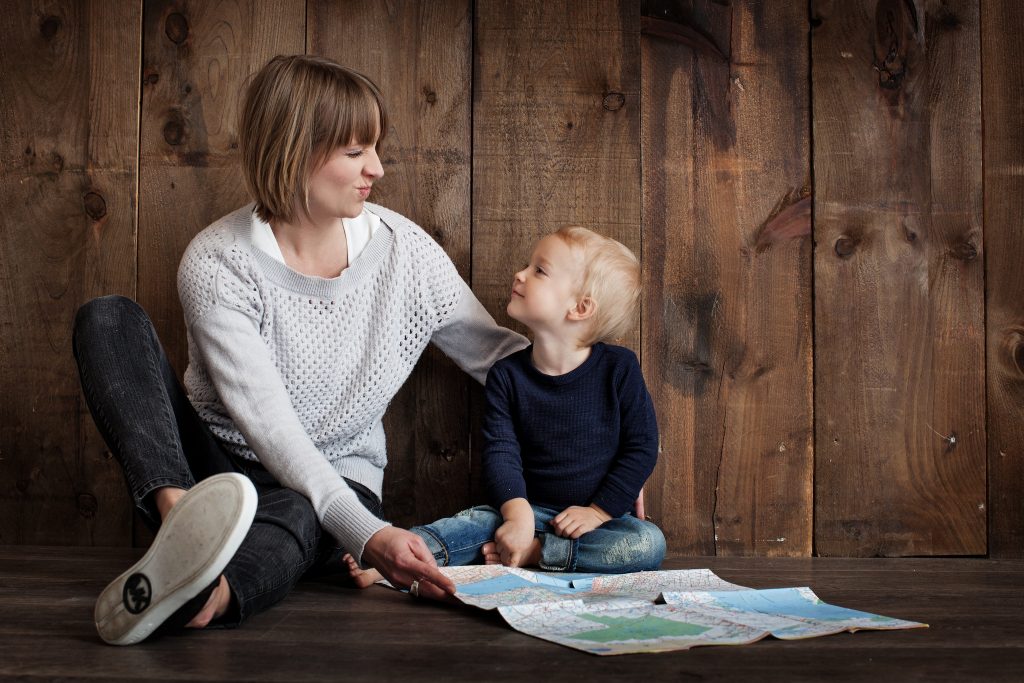 KEEP ROUTINES IN PLACE
KEEP ROUTINES IN PLACE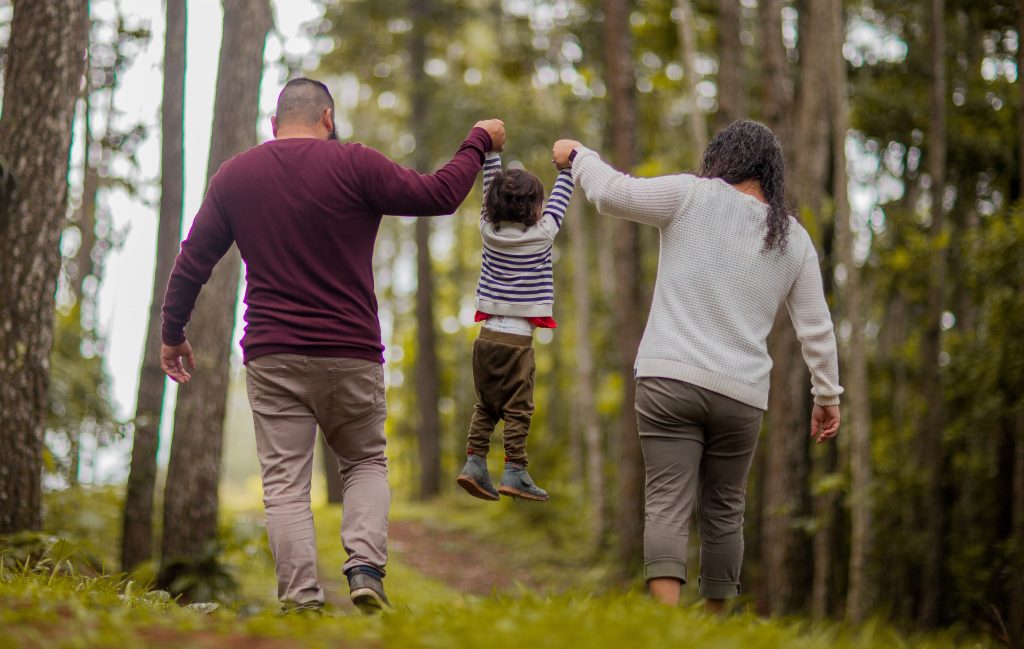

 KEEP IT POSITIVE
KEEP IT POSITIVE
Information provided by https://childmind.org/article/supporting-kids-during-the-covid-19-crisis/